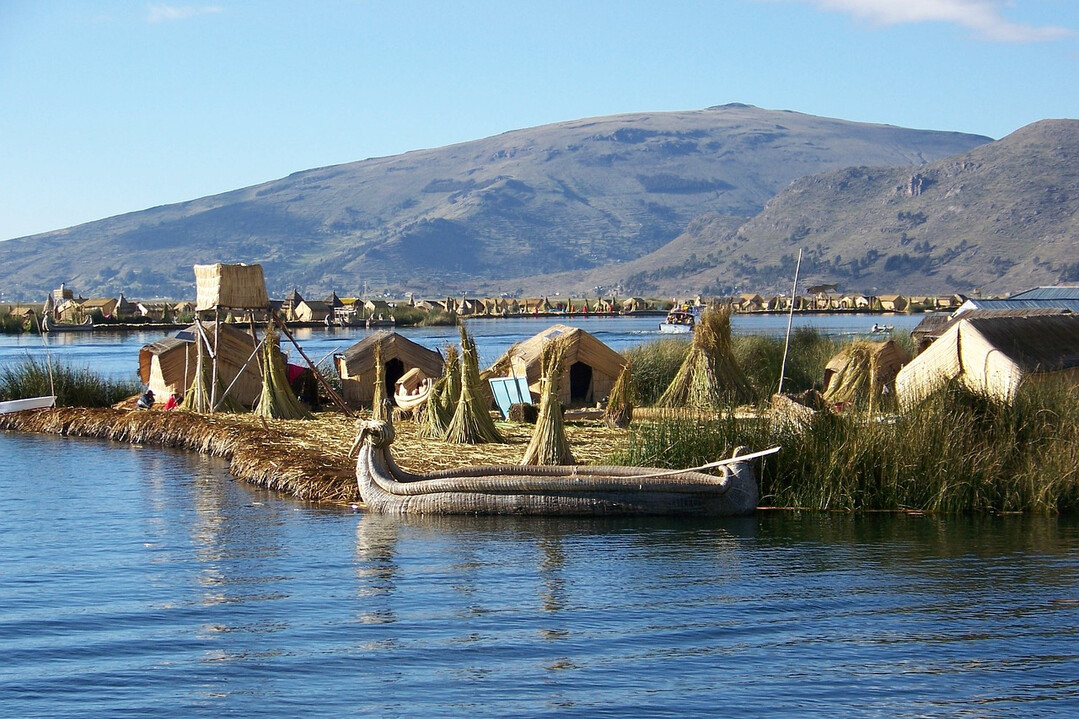
Lima, Peru – The Peruvian Ministry of Housing, Construction, and Sanitation (MVCS) has announced the completion of 32 urban sanitation projects, marking a significant milestone in improving the quality of life for over 411,100 Peruvians. These initiatives, implemented through the National Urban Sanitation Program (PNSU), benefit 12 regions across the country, including Ancash, Ayacucho, Cajamarca, Ica, Junín, Lambayeque, Loreto, Piura, Puno, San Martin, Tumbes, and Ucayali.
The provision of potable water, sewerage, and storm drainage not only represents an infrastructure advancement but also a step forward in human dignity and development.
Access to safe drinking water and sanitation services is a fundamental human right recognized by the United Nations since 2010. However, millions worldwide still lack these essential services, perpetuating cycles of poverty and disease. In Peru, disparities in access are particularly evident in rural and peri-urban areas. Initiatives like those spearheaded by the MVCS are crucial in bridging these historical gaps and moving towards greater social equity.
The impact of these projects extends beyond public health. Safe drinking water and adequate sanitation systems reduce the incidence of waterborne diseases such as diarrhea and cholera, which disproportionately affect children and vulnerable populations. Moreover, these services facilitate access to education by reducing school absenteeism due to illness. Women, traditionally responsible for water collection in many communities, gain time for productive activities and personal care, promoting their empowerment.
Minister Durich Whittembury emphasized that these projects represent progress and that many families are gaining access to basic services for the first time. While this is a significant achievement, the challenge of ensuring the sustainability of these projects remains. Infrastructure must be accompanied by maintenance strategies, community training, and financing mechanisms to guarantee long-term operations.
However, it is essential to acknowledge that these projects are just one step in a long journey. According to official figures, thousands of Peruvians still lack access to safe drinking water and adequate sanitation. Investments in infrastructure must be complemented by comprehensive public policies addressing water resource management, health education, and pollution control.
Closing social gaps requires political will and ongoing commitment. Every meter of pipe installed and every tap providing clean water represents a victory for Peruvian families. Progress is not only measured in numbers but also in the transformation of lives. In this sense, urban sanitation works are a tangible achievement and a reminder of the power of government action to build a more just and equitable future for all Peruvians.
[Copyright (c) Global Economic Times. All Rights Reserved.]



























